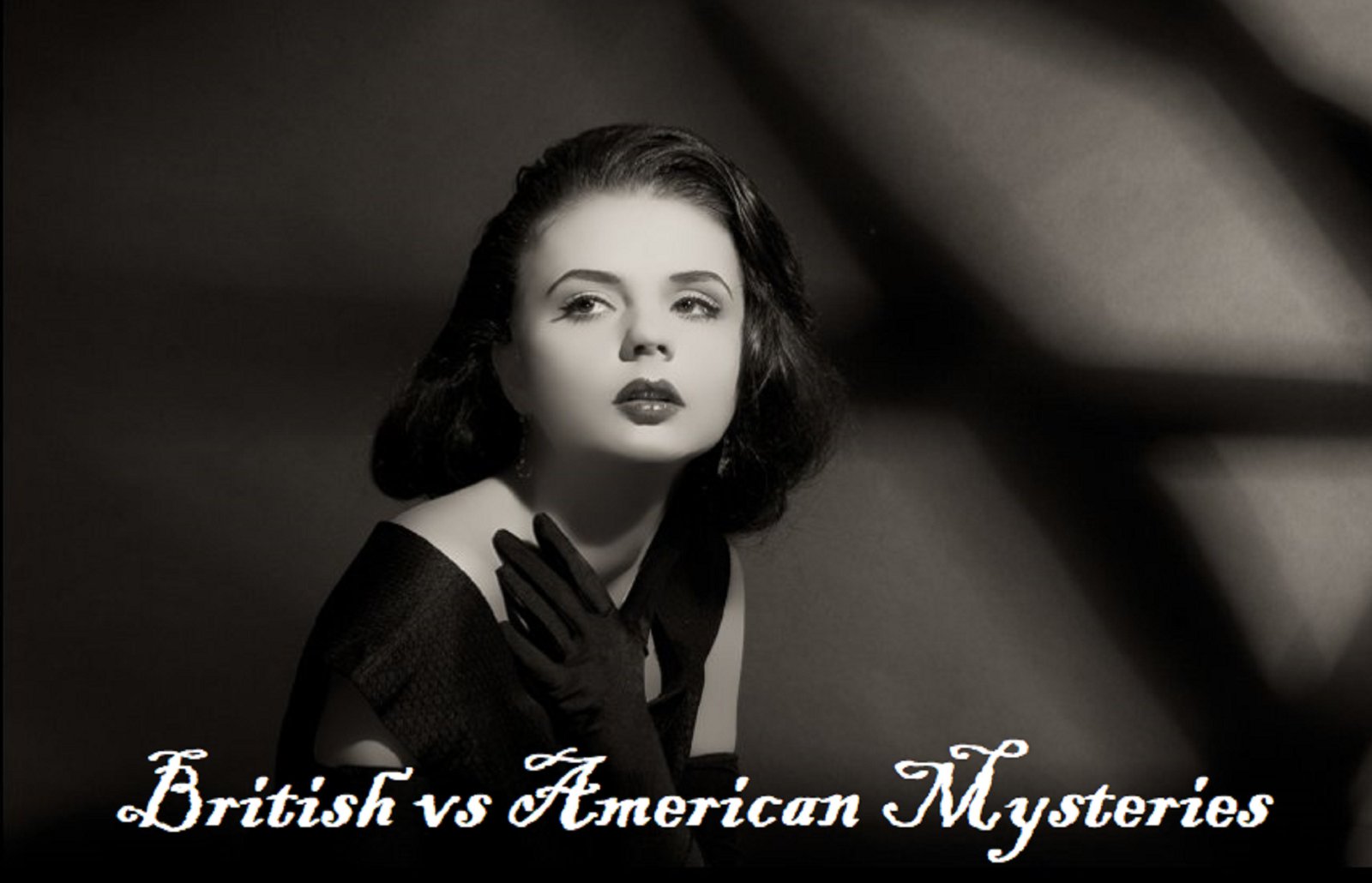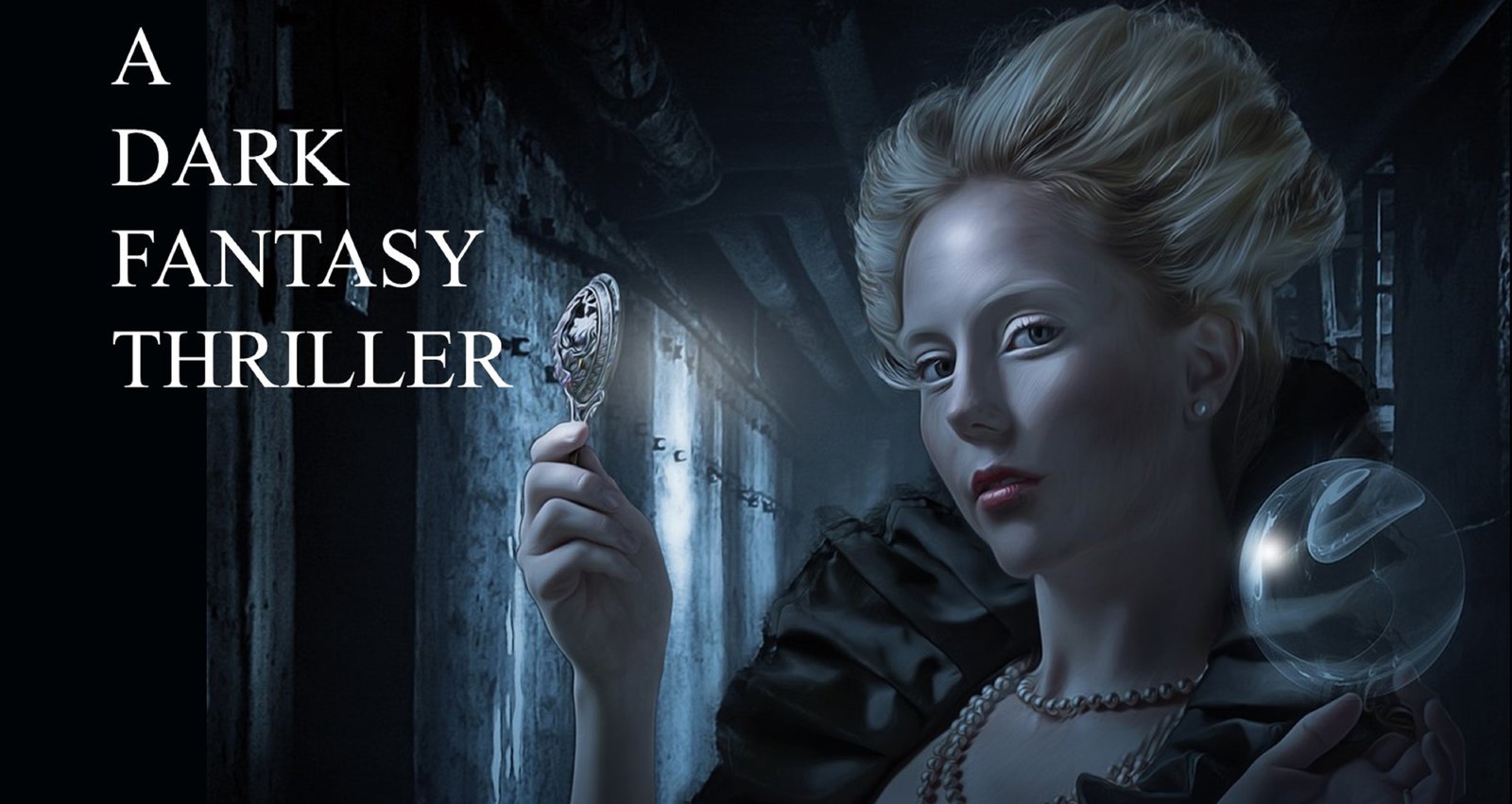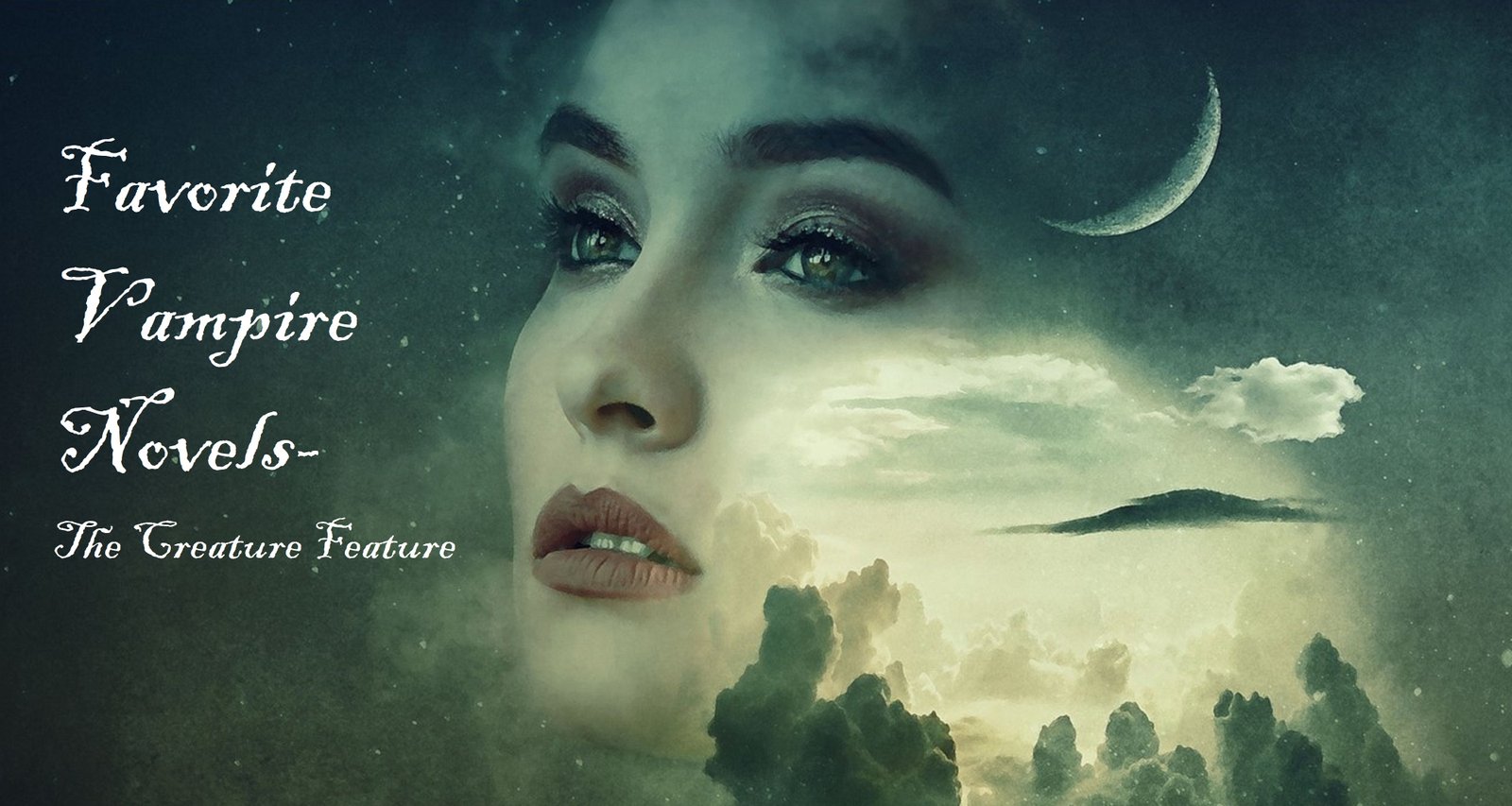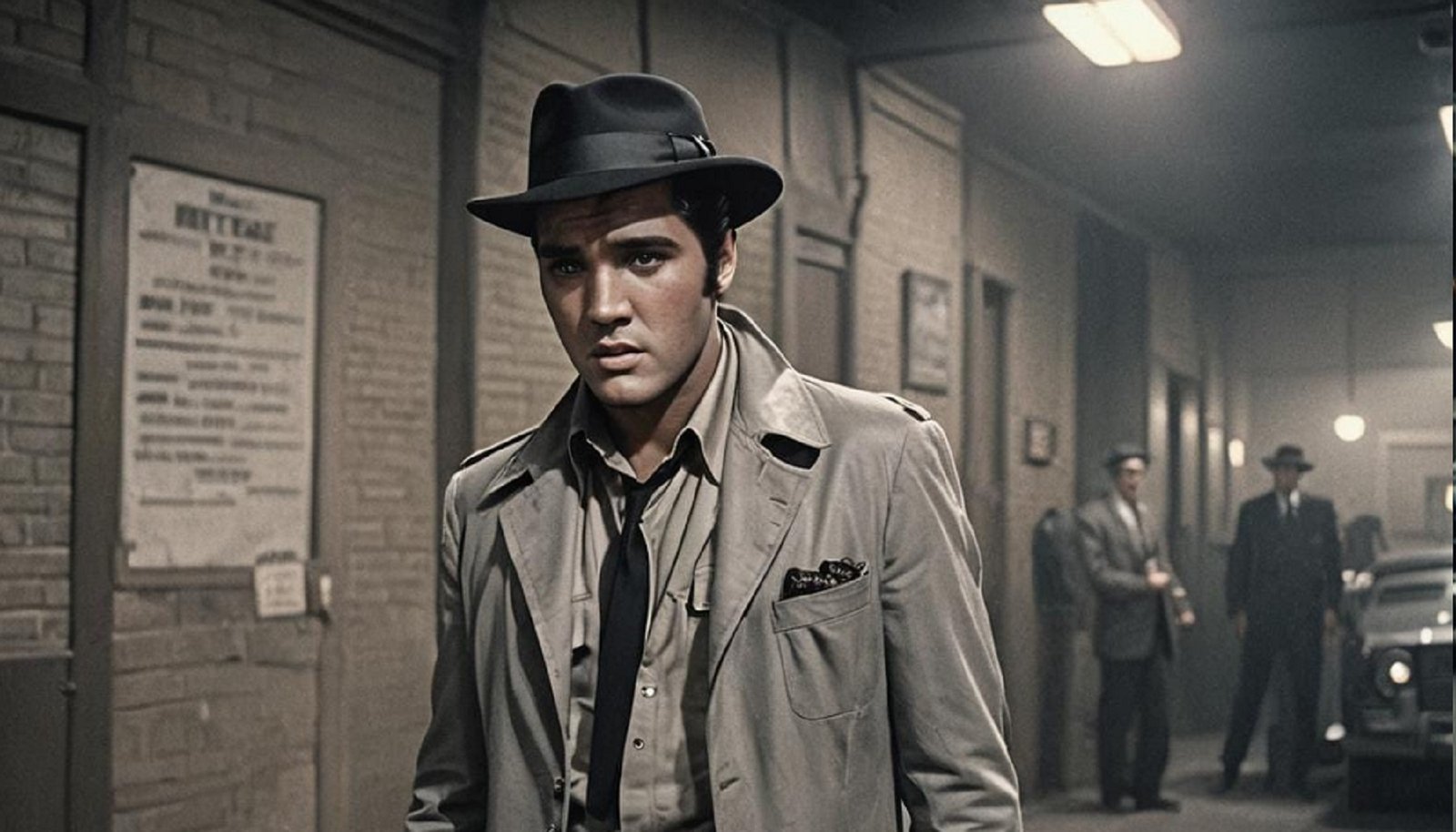British vs American mysteries— Vive la difference!
There are definite distinctions in the British vs American mysteries—and not just the spelling which is usually a dead giveaway about which side of the pond the author was born on. And thank goodness because variety lends zest to those of us on a steady diet of whodunnits. So let’s explore the differences and pick out what style of mystery is right for your mood.
The Obvious:
The easy differences between British and American mysteries are superficial but do exist. The big one is the level of violence. There are very few car chases in classic British mysteries. Miss Marple never went tearing through London leaving havoc and injured pedestrians in her auto’s wake. It is also rare that the British murder victim goes down in a hailstorm of bullets. Poison, stabbing and good old bludgeoning are more likely methods of killing in a country that doesn’t have a gun in every closet. In this respect, British mysteries are often more like the American cozy mystery than the American thriller or ‘hard-boiled’ detective story, or spy-thriller.
The differences between them are so large that it may be too ambitious to fully gather them under the same genre umbrella despite some similarities.
I’m going to give it a go anyway.
British vs American Mysteries: The Characters:
Main characters in American mysteries tend to have sharper edges and their environments are generally less antique and charming. Which makes sense, a lot of Britain has been around for a very long time. In many places in the States, the oldest thing in town is the strip mall or post office. Characters may not have a strong sense of history and tradition.
Consequently, the American detective is also understandably less polished, and probably less of a ‘gentleman’ than his British counterpart. And he will be proud of his grit and individualism and not playing by the rules. There might be more punching and waving guns around by secondary characters. The American mystery-thriller will often be darker because of the in-your-face violence and the characters’ cynicism that anything can change in their lives. There may be more outlaws because in some cases there is no law to be inside of.
The British detective is often a policeman or clergyman. He is not an outlaw (or even borderline outlaw) but instead represents the establishment. He will solve the mystery because it is his job or for the sake of the society where he lives. Secondary characters may obstruct the detective but it will usually be through misdirection and not violence. Their instinct will trend toward organized society.
The Plot:
(Okay, I am going to get remedial for a moment in case someone is not familiar with the mystery genre in general.)
Certain plot points are the same in both the British and American whodunnit mystery. Generally, you have:
1) Growing tensions among the characters in an enclosed environment before the crime happens. The reader is presented with several characters who have motives for committing murder.
2) Then you have the crime—usually murder but not always. Heist stories are a perennial mystery favorite.
3) Next the detective or amateur sleuth must sort through some red herrings (false clues and innocent people who act guilty for some reason other than being a killer).
4) Eventually the correct solution is arrived at, unmasking the murderer.
5) And then order is restored by having the villain arrested or killed while trying to evade the law because in our hearts we readers are moral, law-abiding people and we want good (order) to triumph over evil (chaos).
Those Are the Plot Similarities…
What you won’t see (at least not often) in a British mystery is who the criminal is at the start of the book. The killing is unwitnessed (at least by the reader or any character whose point of view is shown to the reader. Even if the murder may be shown in the omniscient pov to tantalize the reader, the killer will never be clearly identified) and the murder remains unknown until the end of the story (as it does in most American cozies as well).
Note: Though it seems counter-intuitive to know the killer from the start when it is a mystery, in American thriller-type novels, it sometimes happens that we know who the bad guy is from the beginning (think of the NBC Tuesday Night Mystery Movies with characters like Columbo or Highsmith’s Talented Mr. Ripley or even Richard Harris’ Hannibal). The mystery is whether he will be caught. To borrow a phrase, it is a howdunnit rather than a whodunnit.
British vs American Mysteries: The Detectives:
In the British mystery, the story is more likely about the sleuth/detective trying to discover who the killer is to restore balance to the disrupted community. In other words, the preponderance of the story is about discovering the who rather than plotting how to catch the known but clever killer. The question of how the murderer did the crime is only an interesting step along the way to discovering the killer’s identity (the exception is the locked-room mystery which is very much about the how even in a whodunnit). If you are a fan of the BBC mysteries, think Hercule Poirot or Lord Peter Whimsey or Adam Dalgliesh. The British detective is the instrument of Society bent on restoring order. The victim is an avatar for society as a whole and the detective is about societal justice.
The American detective (of the golden age especially— ala Dashiell Hammet and Raymond Chandler) is also bent on finding the killer, but the reasons may well have more to do with dishing out personal justice because of wanting payback from someone who wronged them. They will fight for a loved one, or family, or a murdered partner but they are not trying to bring calm to a chaotic world. A lot of American detectives are cynics even if they have a personal code of ethics, and have pretty much given up on the world. They are about personal rather than societal justice.
Since the detective/sleuth functions as a placeholder for the reader, you must decide where you will find the most enjoyment. Put simply, are you in the mood for something more cerebral than violent?
If So, I Suggest These British Mysteries…
Cover Her Face: An Adam Dalgliesh Mystery (Adam Dalgliesh Mysteries Book 1) by P D James.
A Share in Death (Duncan Kincaid / Gemma James Book 1) by Deborah Crombie.
The Complete Father Brown Stories by G. K. Chesterton.
If you are looking for some action and don’t mind hanging out with agents of chaos, then I recommend these American classics:
The Maltese Falcon by Dashiell Hammett.
The Big Sleep by Raymond Chandler
The Godwulf Manuscript (The Spenser Series Book 1) by Robert B Parker.
For more recommendations of both American and British mysteries visit Best Vacation and Exotic Location Mysteries. You might also enjoy What Is a Cozy Mystery?.










